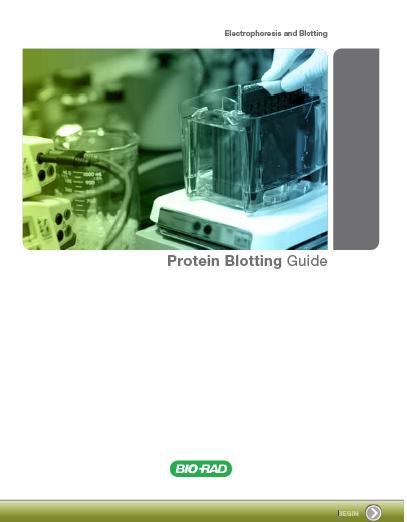Anyone familiar with scientific advances in the last few years should be well acquainted with the Personal Genome Project (PGP) launched by Dr. George Church in this 2005 Nature editorial. For those of you who have been living in a secluded cave somewhere for the past 6 years, the Personal Genome Project hopes to enroll 100,000 participants from the general public who are willing to have their genomes sequenced and allow the results to be published in a massive database along with extensive information about their traits and medical history. It is hoped that the information provided will help scientists test hypotheses about the relationships among genes, traits, and environment.
Perhaps less well known is what it takes to become a volunteer for this project. In order to enroll as a volunteer, potential participants must take an entrance exam that tests basic genetics literacy, informed consent expertise, and knowledge about the rights and responsibilities of human research subjects. That’s right…you must take a test and score 100% in order to qualify for participation in the study!
In order to help volunteers study for this exam, the Alan and Priscilla Oppenheimer Foundation have created a Personal Genome Project Study Guide which has information on:
- genetic material
- gene transmission
- gene expression
- gene regulation
- genetics and society
- project literacy
We thought that it would be fun for readers of this blog, who should be more familiar with the above topics than the average PGP volunteer, to take the practice tests associated with the study guide to see how much they actually remember from their first year courses! The tests are multiple choice so that should help prevent total embarrassment, but my guess is that most of us would not score 100% without preparing in advance. I took the gene transmission test and scored 9/10. Not enough to qualify as a volunteer!
Try your hand a the tests below and let us know how well you performed. Good Luck!
- Introduction to Cells, DNA, and Genes
- The Structure of DNA
- DNA’s Role in Determining Your Traits
- Gene Expression and Personal Traits
- Meiosis
- Heredity
- Coding for Proteins
- Controlling Protein-Coding Genes
- The Benefits of Applying Genetic Technology to Health Care
- The Risks of Applying Genetic Technology to Health Care
- Participating in the Personal Genome Project
- Human Research Subjects
For related posts see:
A story of genomic proportion
George Church: The father of personalized genomics
Genomes, Phenomes and Personalized Medicine
















